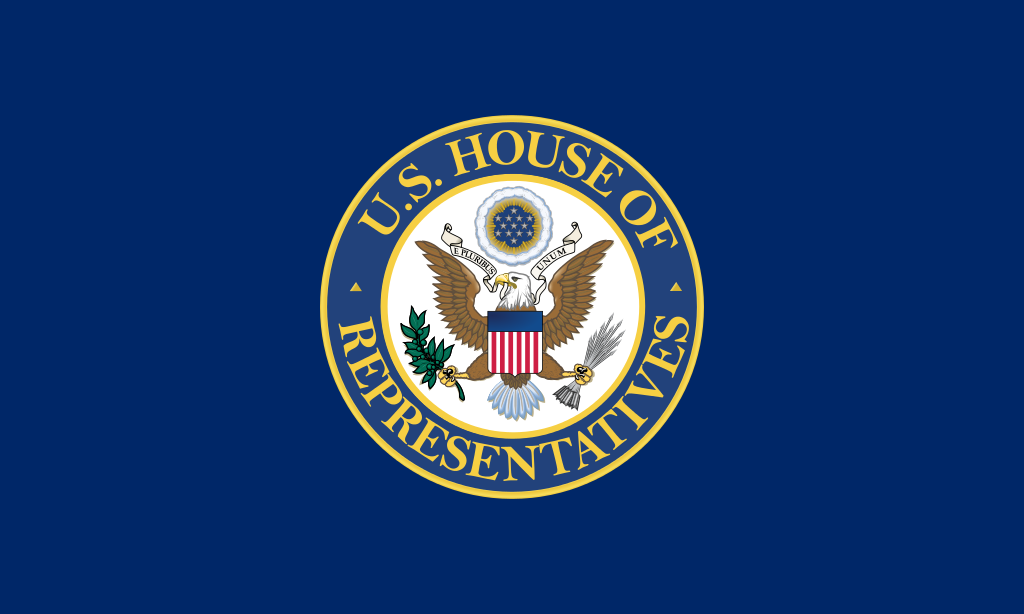Sponsor: Rep. Joshua Eilberg (D-PA)
Date of Prayer: 17 March 1977
Mr. EILBERG. Mr. Speaker, I am very pleased to have been able to arrange for Rabbi Alex Pollack to deliver today’s invocation.
Rabbi Pollack currently fills the pulpit at Congregation Emanu-El in Philadelphia and previously he was spiritual leader at Temple Beth Israel in Lansdale, Pennsylvania.
In addition, Rabbi Pollack demonstrates his involvement in community affairs and his concern for his fellow man by serving on the Senatorial Scholarship Committee of Montgomery County, Pennsylvania, and as chaplain for Congregation Bet Knesset Shel Kalut at the State Correctional Institution at Graterford, Pennsylvania.
Rabbi Pollack is a good and caring person, and I believe strongly that his good works will be of lasting benefit to all those whose lives are touched by them.
| Contribute a translation | Source (English) |
|---|---|
|
|
Fervently, we seek Thee
and we invoke Thy blessing upon all assembled here. Thy faithful servants who have been chosen to speak for the people, stand upon a pedestal of power, of privilege, and of responsibility. Do Thou, O gracious Guardian ever guide their deliberations that their vision and wisdom may strengthen the foundations of this great Republic. |
|
|
We are grateful
for the religious faith of our early settlers that gave them the courage and the strength to endure. They kept alive the spirit of Israel’s prophets and proclaimed that “all men are created equal”[1] The phrase as found in “The United States Declaration of Independence” (Benjamin Franklin and Thomas Jefferson, 4 July 1776). in Thy sight, endowed with the imperishable right “to life, liberty, and the pursuit of happiness.”[2] Find note above. The final form of the sentence in the Declaration of Independence was stylized by Benjamin Franklin, and penned by Thomas Jefferson. Scholars differ as to whether the historical origin of “life, liberty, and the pursuit of happiness” are rooted in Lockean Rights (following after the “Virginia Declaration of Rights” written by George Mason and adopted 12 June 1776) or possibly in Jefferson’s self-proclaimed Epicureanism. –Aharon Varady. |
|
|
May the Biblical ideals of freedom and fraternity,
of justice and equality enshrined in our Constitution become the heritage of all the peoples of the Earth. |
|
|
Grant us Thy richest gift of shalom — peace —
peace in our own hearts, peace with our fellow man. |
|
|
We ask it in Thy name,
our Father in heaven. Amen. |
This prayer of the guest chaplain was offered in the second month of the first session of the 95th US Congress in the House of Representatives, and published in the Congressional Record, vol. 123, part 7 (1977), page 7853.
Source(s)
Notes
| 1 | The phrase as found in “The United States Declaration of Independence” (Benjamin Franklin and Thomas Jefferson, 4 July 1776). |
|---|---|
| 2 | Find note above. The final form of the sentence in the Declaration of Independence was stylized by Benjamin Franklin, and penned by Thomas Jefferson. Scholars differ as to whether the historical origin of “life, liberty, and the pursuit of happiness” are rooted in Lockean Rights (following after the “Virginia Declaration of Rights” written by George Mason and adopted 12 June 1776) or possibly in Jefferson’s self-proclaimed Epicureanism. –Aharon Varady. |



